The Human Rights Delusion
Why “Safety” Replaces Truth and Antisemitism Finds Shelter
"Free speech is the whole thing, the whole ball game. Free speech is life itself."
― Salman Rushdie, author.
Freedom of speech means freedom for those you despise and to express the most despicable views. It also means that the government cannot pick and choose which expressions to authorise and which to prevent.
― Alan Dershowitz
Freedom is never voluntarily given by the oppressor; it must be demanded by the oppressed.
― Martin Luther King, Jr.
In the last decade, there have been over 1,000 attempts to punish or “cancel” professors for their speech, resulting in nearly 200 firings. This figure is nearly twice the number of professors fired during the infamous Red Scare period of the 1950s, when about 100 professors were dismissed due to accusations of communist sympathies.
— Greg Lukianoff
If you believe in free speech—not the slogan, but the dangerous, untamed variety—then subscribe to support uncensored, heretical writing. Every paid subscription buys more time to write without asking permission from the sort of people who think “problematic” is an argument.
Please subscribe to receive at least three pieces /essays per week with open comments. It’s $6 per month, less than USD 4. And now take 50% off.
Everyone says, "Hey, it’s just a cup of coffee," but please choose my coffee when you come to the Substack counter. Cheers.
Universities once imagined themselves as fortresses of reason, orchards where the fruits of argument ripened under the sun of inquiry and were plucked only after the hard labour of cultivation. Heretics were sharpened by debate, not silenced by grievance.
Today, the orchard is blighted: the priesthood now robed in pastel lanyards marked “Equity,” “Diversity,” and “Human Rights” gather not to nurture fruit but to hoard it, bruise it, and ration it by decree. Their gospel is “safety.” Their catechism: “harm.” Their sacraments: grievance forms and mandatory workshops.
This is no accident of bureaucratic drift but the predictable rot of abundance left untended. Human Rights Offices, conceived in noble soil — the post‑1945 reckoning, the Universal Declaration, the provincial codes outlawing naked discrimination — were meant to prevent real injustices: Jews denied housing, women fired for pregnancy, Catholics barred from work. But in the slow perversion unique to bureaucracies, sweet fruit turned bitter.
The noble ombudsmen became petty commissars. They no longer defended rights; they cultivated grievance orchards, harvesting outrage as their only crop.
The change is visible in their language. The University of Guelph’s current Human Rights Policy defines harassment as “any unwelcome behaviour, comment, gesture, or expression — including silence — that is known or ought reasonably to be known to cause offence, discomfort, or fear.”
Silence, now actionable. Humber College’s student equity guide defines safety as “environments where individuals feel fully validated in their identities.” The University of British Columbia’s policy insists “impact, not intent, determines violation.”
These are not accidental phrasings; they are a quiet revolution. Harassment no longer means persistent abuse but merely disagreement. Safety no longer means physical security but psychic comfort. Harm no longer means injury but the faintest discomfort.
Such elasticity is a gift to the selective enforcer: the language can stretch to crush the unfashionable and snap back to shield the fashionable.
And fashionable antisemitism, on campus, has rarely faced less resistance. Consider the University of Guelph‑Humber in Toronto, Canada. There, Professor Wael Ramadan spent months on public social media trafficking in the oldest libels in the anti‑Jewish canon.
Posts whose writers shared comments about Jews harvesting organs — a blood‑libel trope dating back to medieval Europe. Memes about Jews controlling banks and media. Jokes casting Jews as Satanic. Praise for Hamas, glorification of the Houthis, and open celebration of the October 7 massacre — civilians butchered in their homes. One post mocked the Holocaust outright; another suggested Israel fabricates genocide for sympathy—all in the public square, all under his name.
The university’s response? Silence. No investigation. No pastoral letters about safety for Jewish students. No forced sabbatical. Ramadan continued to teach. The human rights mandarins who claim to sniff out “harm” in the subtlest of facial expressions found nothing in this geyser of bile.
Now contrast this indulgence with their reaction to another professor — the one who described Hamas, accurately, as “Nazis.” A single remark, naming a genocidal group for what it is, detonated immediate administrative panic. The Vice Provost herself complained. He was marched out of class the same day — no charges, no hearing, no inquiry.
And before the dust had settled, the smear campaign began: staff whispering to students that he was violent, a criminal, under arrest. His academic record was maligned; faculty repeated the lies in corridors and classrooms. In prior years, when students were asked to name their favourite professor, he had received more votes than the rest of the department combined. Within weeks, he was a pariah.
When he begged the university to halt the defamation, they refused — and, with irony thick enough to choke, accused him of “harassment” for asking colleagues to stop calling him a criminal. In this system, the accuser need not prove harm; they merely need to feel it. Evidence is irrelevant; perception is sovereign.
This asymmetry is not a Canadian quirk but a Western contagion. American Title VI and Title IX offices — once created to dismantle racial and gender discrimination — now function as ideological enforcers.
At Cornell, a professor could call the massacre of Israeli civilians “exhilarating” and keep his job. At UCLA, mobs screaming “Gas the Jews” were tolerated as a protest, while Jewish students requesting protection were accused of “provocation.”
In Britain, chants for Israel’s eradication are normalised as “political critique,” while mild defences of Zionism are prosecuted as hate speech. In Australia, antisemitic graffiti is ignored, but complaints against Jewish students opposing Hamas glorification are processed at lightning speed.
The cumulative effect is pedagogy, not merely hypocrisy. Four years marinating in this double standard trains students to see Jewish pain as negotiable, Palestinian grievance as sacrosanct. They graduate fluent in hashtags but mute in thought, convinced that barbarism is resistance and resistance is virtue. This moral inversion will not stay on campus. It migrates — into newsrooms, courtrooms, parliaments.
The flaw is not incidental but structural. Subjective terms like “harm,” “unwanted,” and “unsafe” cannot be neutrally applied because their content is entirely in the eye of the beholder. A lie, repeated by the fashionable, outweighs truth uttered by the unfashionable. And so the architecture itself guarantees partisanship: a system where evidence is optional but outrage mandatory.
What began as protection has curdled into persecution. Universities no longer ask, “Was harm intended?” but “Did anyone feel harmed?” Feeling is all that matters — provided it is the right feeling, held by the right group. The Enlightenment ideal — that ideas must be tested, not protected — has been inverted. What remains is therapy masquerading as scholarship, grievance masquerading as justice.
Human rights, properly understood, are universal, or they are nothing. The moment they are bent to favour one tribe over another, they cease to be rights and become weapons. Today, on too many campuses, those weapons are wielded not to protect the vulnerable but to sanctify the fashionable and punish the unfashionable.
The West will reap the whirlwind of this inversion: a generation trained to excuse antisemitism, reward fanaticism, and call it justice.
If you value this work, consider leaving a tip. It’s cheaper than therapy, less pious than public broadcasting, and the only censorship here is my bad taste. On second thought, it’s bad therapy.



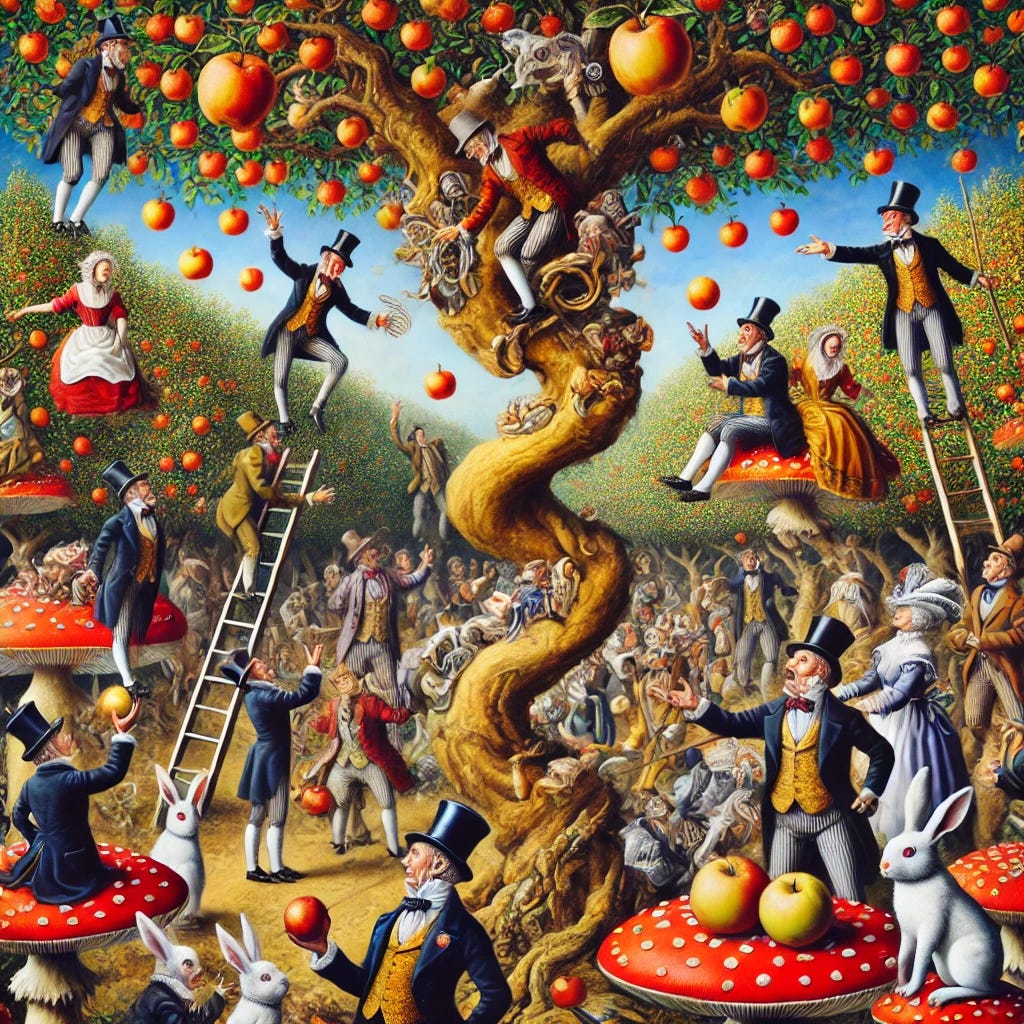
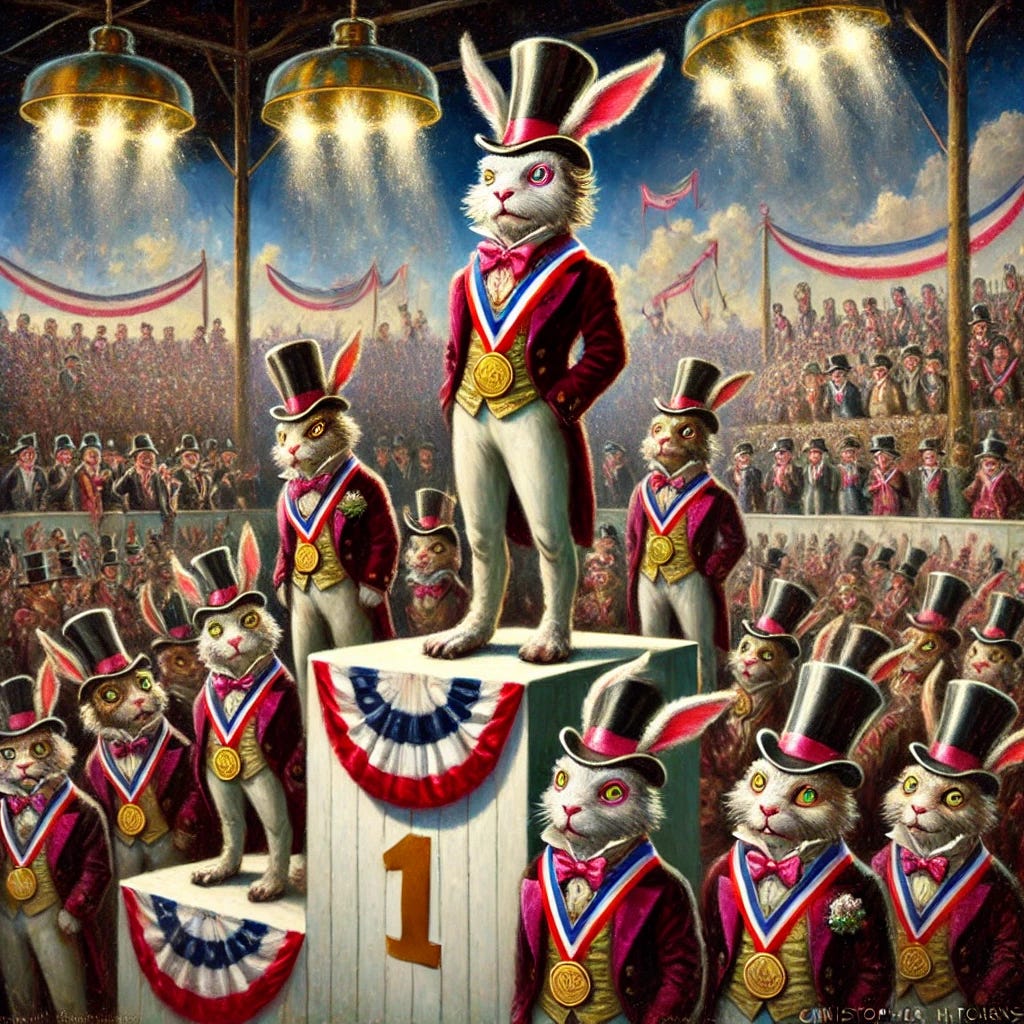
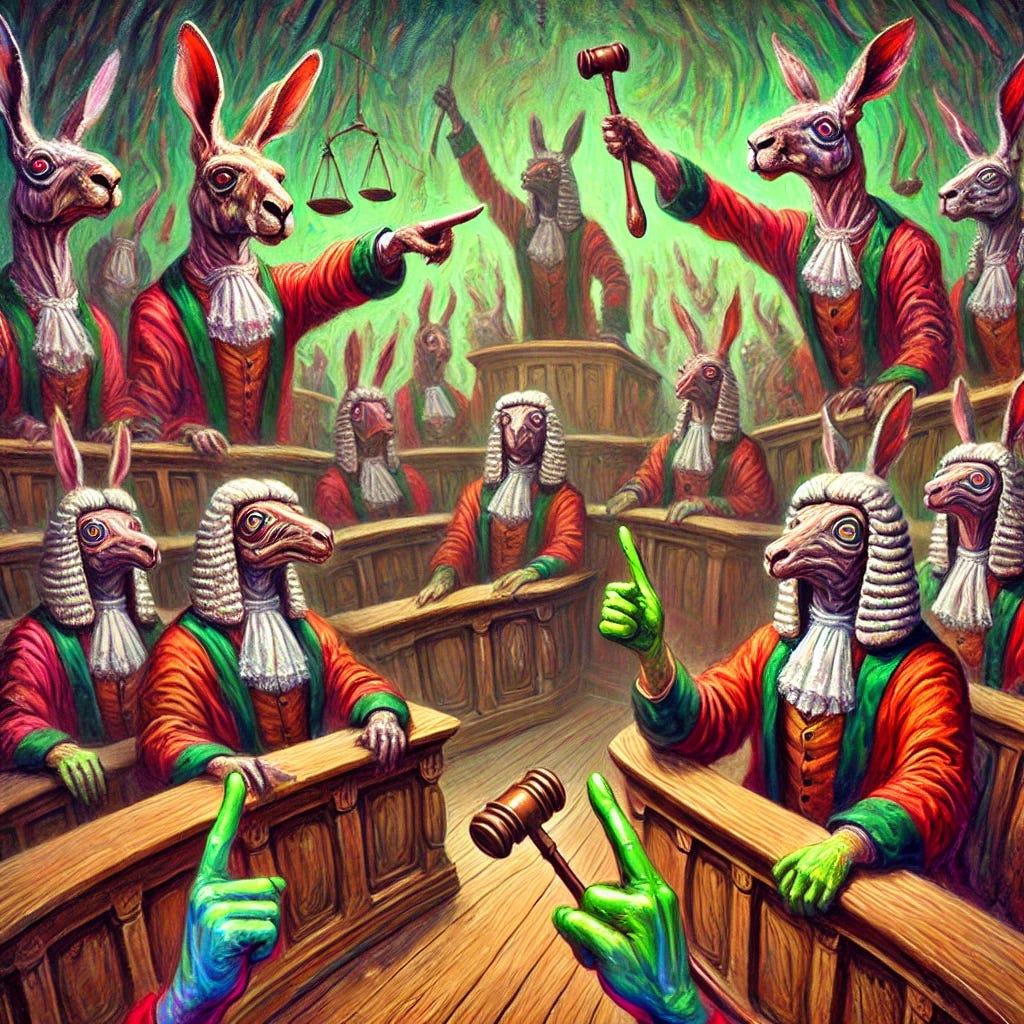
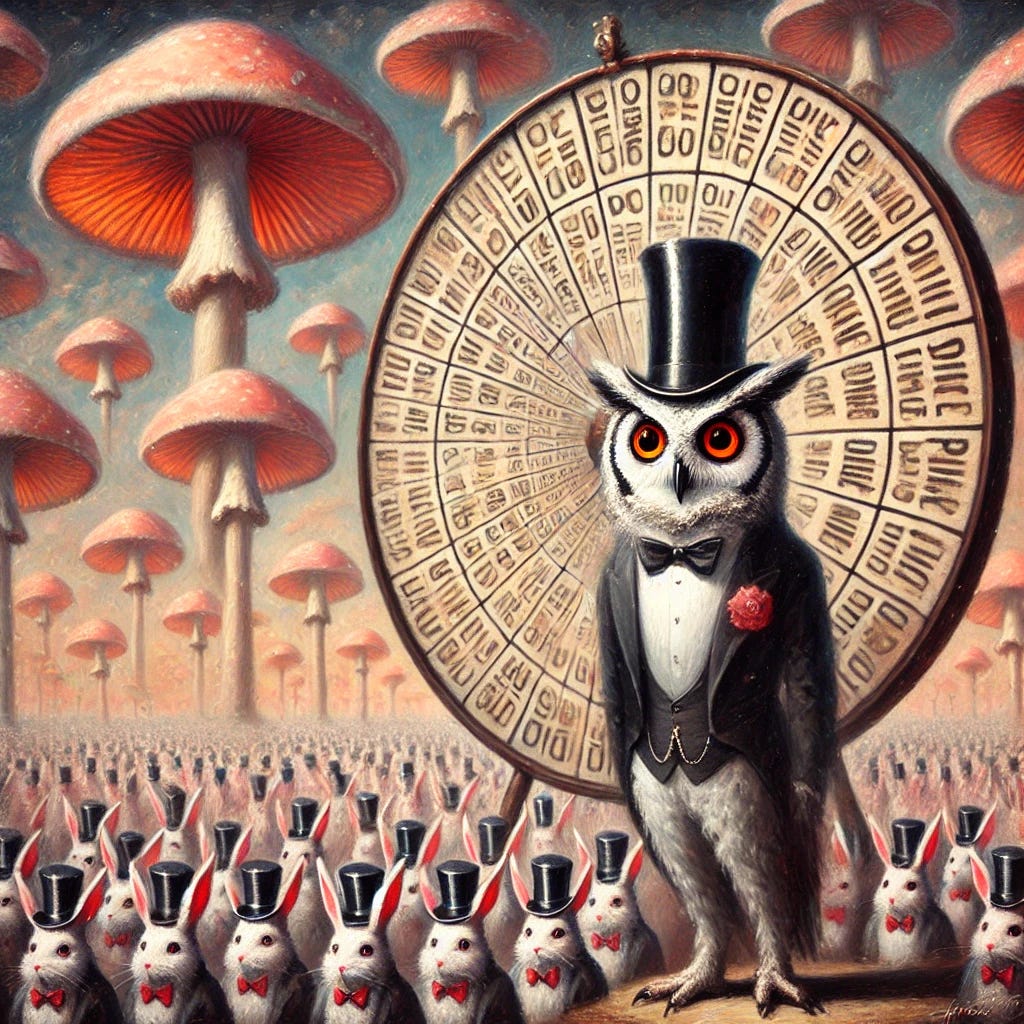
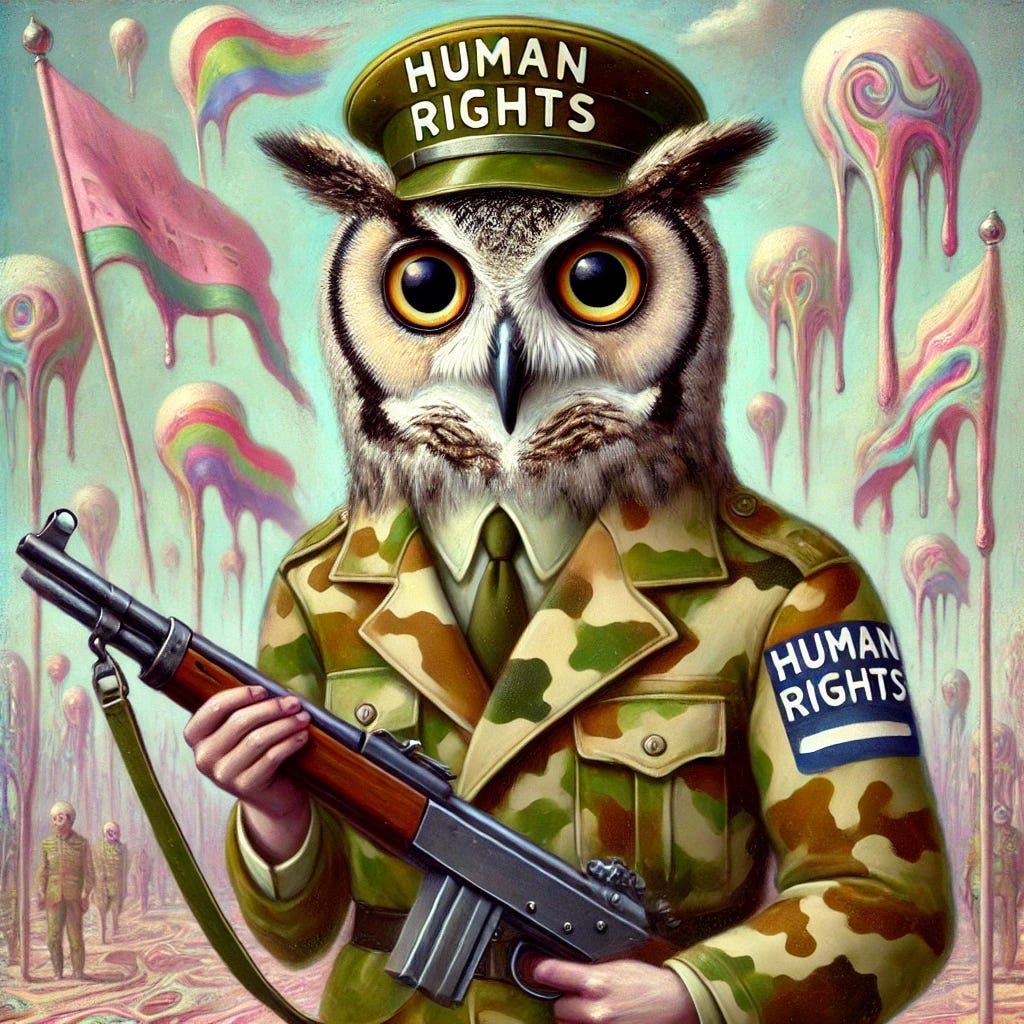


My substack isn’t letting me restack my favorite points. But I did let some bread toast itself until burnt-that’s how engrossed I was in your piece. That’s a homage as good as any. The proverbial chocolate milk out your nose recognition of excellence for a joke. But for a very solid thought piece.